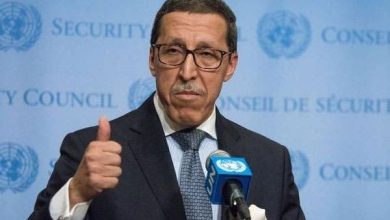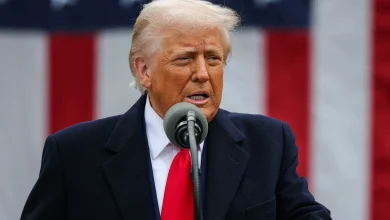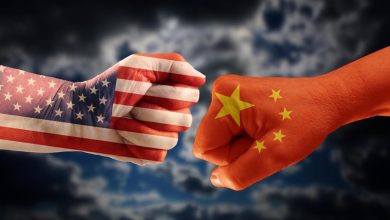High-Level Discussions in Geneva on AI and Human Rights, under the presidency of Morocco

Hibapress
The Moroccan presidency of the Human Rights Council organized, on Tuesday at the Palais des Nations in Geneva, high-level presidential discussions on Artificial Intelligence (AI) and its impact on the enjoyment of human rights.
A wide-ranging panel, comprising the leadership of the main international organizations concerned by the theme, including Ms. Doreen Bogdan-Martin, Secretary General of the International Telecommunications Union, Mr. Daren Tang, Director General of the World Intellectual Property Organization, Ms. Audrey Azoulay, Director General of UNESCO, as well as representatives of the private sector, including Mr. Werner Vogels, Vice President of Amazon, academics, and civil society organizations, gathered for this unprecedented event in the arcane chambers of the Council, engaging in a substantive debate with the Member States of the United Nations in Geneva.
The Moroccan presidency had presented this theme among its priorities, since January 2024, and on which several notable advances have been made, in particular the appointment of co-facilitators who conducted broad consultations resulting in the publication of a substantial report on the need to introduce the human rights dimension into the development and evolution of artificial intelligence tools.
This report was transmitted by the Moroccan presidency to the President of the United Nations General Assembly as well as to the co-facilitators for the Global Digital Compact, as was previously done on the subject of food, climate and health security, as a contribution of the presidency to the Summit for the Future.
The presidential discussions of this Tuesday, held under the chairmanship of the ambassador, permanent representative of the Kingdom of Morocco to the UN in Geneva, Mr. Omar Zniber, aimed to emphasize the human rights standards to be implemented to satisfy the ethical aspect, reduce inequalities of access to AI technologies and thus limit the digital divide.
It is also about identifying the opportunities offered and the challenges faced by States, International Organizations, but also individuals, in their ongoing interaction with these tools, with a view to digitalization and access to technologies that are mindful of human rights.
The event concluded on the need to: relaunch the Sustainable Development Goals through AI; harmonize AI standards among all major international players; ensure the application of AI in areas that promote the facilitation of individuals’ lives.
The panelists also recommended broad education on responsible AI culture for a better understanding of the benefits offered and the risks that exist; and ensuring democratized but above all sustainable access to new technologies.
More than 60 delegations interacted with the panelists for five hours, giving rise to a reflection enriched by different political and technical references, with the aim of ensuring an appropriate and beneficial use of AI.





